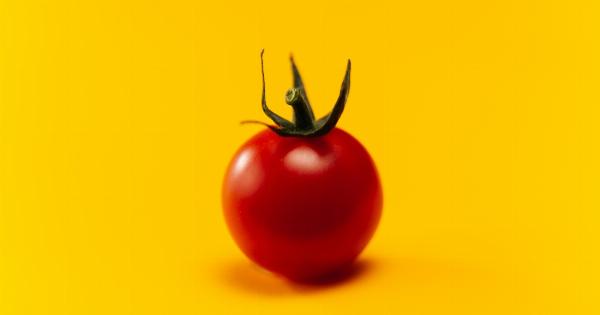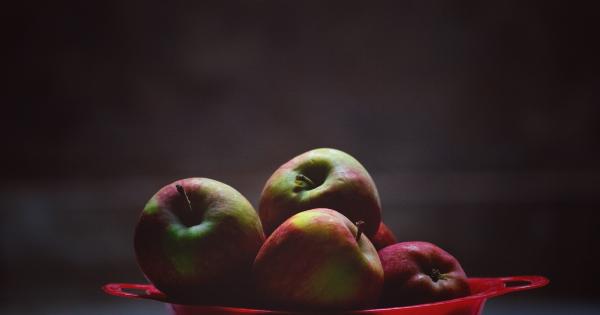As more people turn toward plant-based diets, the popularity of vegetable milk has skyrocketed.
Whether you’re lactose intolerant, vegan, or simply seeking the health benefits associated with a plant-based diet, vegetable milk can be a great option for you.
However, when you switch from animal milk to vegetable milk, you might be missing out on a crucial nutrient that is found in dairy milk – vitamin B12.
This nutrient is essential for maintaining a healthy nervous system, producing red blood cells, and DNA synthesis. So, it’s imperative to pay attention to your vitamin B12 intake, especially if you’re on a plant-based diet.
Why Is Vitamin B12 Important?
Vitamin B12 is one of the essential vitamins required by our body. It plays a crucial role in the production of red blood cells and DNA synthesis. It also contributes to maintaining a healthy nervous system and improving brain function.
Our body can’t produce vitamin B12. Therefore, we need to get it from external sources such as food and supplements. Dairy products like milk and cheese are some of the best sources of vitamin B12.
However, if you’re following a vegan or plant-based diet, you need to look for alternative sources to fulfill your vitamin B12 requirements.
Why Is Vitamin B12 Hard to Get from Vegetable Milk?
Vegetable milk is derived from plant sources such as soy, nuts, seeds or grains. Unlike animal milk, vegetable milk doesn’t naturally contain vitamin B12.
Although some brands fortify their products with vitamin B12, many vegetable milk brands don’t contain it. This means that you might be missing out on this essential nutrient if you’re not careful about reading the labels.
What Are the Foods Rich in Vitamin B12?
Vitamin B12 is primarily found in animal-based products like meat, fish, and dairy. If you’d like to incorporate vitamin B12 into your plant-based diet, there are still options available.
Here are some rich sources of vitamin B12 that are suitable for vegetarians and vegans:.
1. Nutritional Yeast
Nutritional yeast is a deactivated yeast that is enriched with vitamin B12. It’s an excellent addition to an array of dishes, as it adds a nutty, cheesy flavor.
Nutritional yeast is an easy way to add vitamin B12 to your diet, just sprinkle it on top of your salads or mix it into your pasta sauce.
2. Fortified Cereals
Many breakfast cereals are fortified with vitamin B12. Check the label to ensure you’re getting enough vitamin B12 from your cereal. However, be careful with sugary cereals; they might contain more calories than the nutrition they offer.
3. Fortified Plant Milk
As previously mentioned, some vegetable milk brands fortify their products with vitamin B12. So, check the ingredients list to make sure that the milk you’re buying contains vitamin B12.
Soy milk is a great option; some brands fortify their product with vitamin B12, and it’s a great source of protein too.
4. Tempeh
Tempeh is a fermented soybean product that is an excellent source of protein and vitamin B12. It’s a popular meat alternative in plant-based diets. You can use tempeh in many dishes such as stews, stir-fries, or even burgers.
5. Seaweed
Seaweed is a unique ingredient that is used mostly in sushi and Japanese cuisine. It’s a great source of vitamin B12 and other minerals like iodine.
If you’re not accustomed to eating seaweed, try adding small, dried seaweed flakes to your salads or stir-fries.
Conclusion
If you’re switching to a plant-based diet or excluding dairy products, it’s essential to ensure that you’re getting all the nutrients you need from alternative sources.
Vitamin B12 is a crucial nutrient that is challenging to get from vegetable milk, so it’s essential to pay attention to your food choices and nutritional intake to keep your health balanced. Incorporating the above-mentioned foods into your diet is an easy way to increase your vitamin B12 levels without compromising your plant-based diet.





























